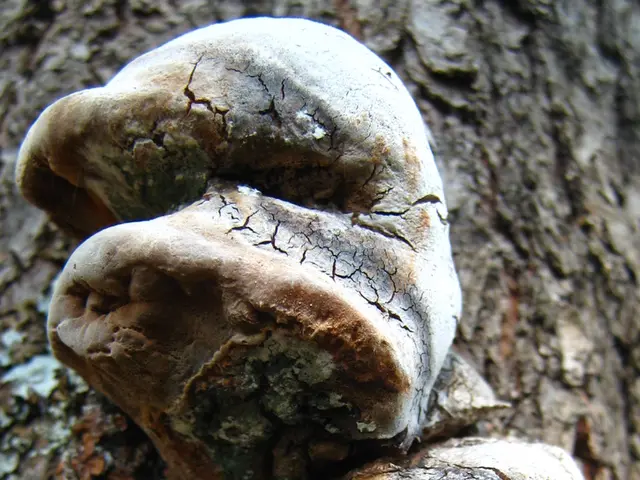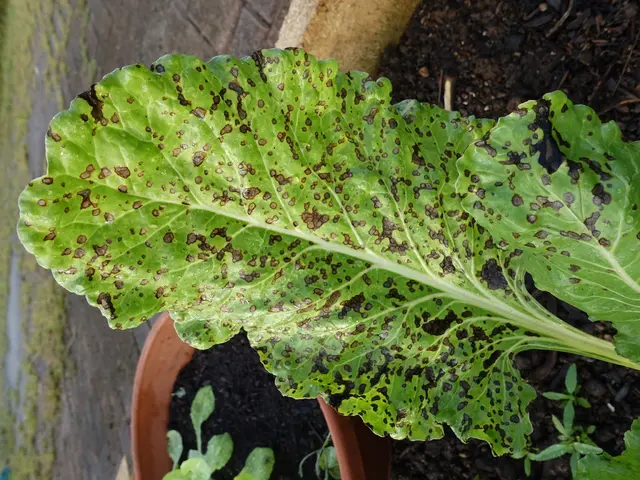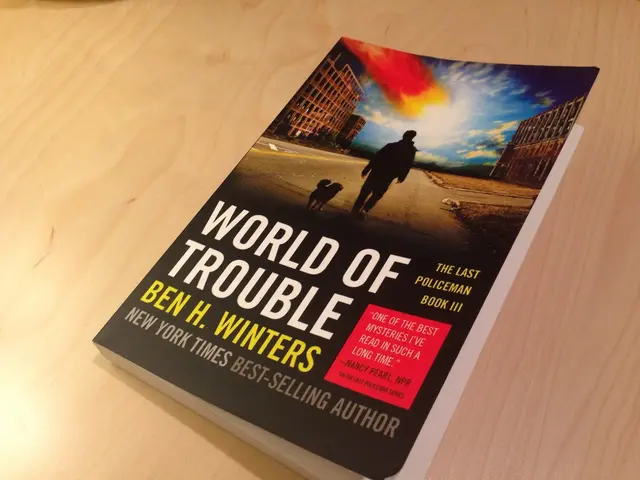Utilizing Your Community Library's Seed Bank: A Guide for Garden Enthusiasts
Garden More Than Books: Seed Libraries 🌱📚
These days, libraries offer more than just books! Many library branches now sponsor seed libraries that lend out vegetable and flower seeds for your garden. Learn how to get involved and make the most of this free resource in your community.
What's a Seed Library?
Seed libraries provide a free resource for community members to plant seeds in their gardens. The first modern seed library bloomed in Berkeley, California, in 2000. Since then, public libraries across the nation have started lending seeds to their communities, with some focusing on vegetables and herbs, while others share seed packets for flowers. You can even find seed libraries dedicated to heirloom or native plant seeds. Seed libraries often take donations of seed packets or encourage gardeners to collect and return seeds at the end of the growing season.
Find Your Local Seed Library
Start by checking with your local library. If they don't have a seed library, they may be able to guide you to another city nearby. A quick online search for "seed library near me" can help find the nearest one.
Borrowing Seeds
Requirements will vary by library. Some may require a library card, but others won't. Libraries may limit the number of packets you can take each season to ensure there are enough seeds for everyone. You'll likely be asked to notify a librarian which seeds you are taking so they can keep track of inventory.
Donating Seeds
Ask your library for guidance on the preferred seed types before donating. Some libraries may only take open-pollinated and heirloom vegetable seeds or only want native plant seeds. Make sure seeds are fully dry and free of debris before packaging them. Include the plant species and variety, as well as the date, on the envelope.
Growing Your Seeds
Many seeds can be started indoors and transplanted after the last frost in spring, while others can be direct-seeded in the garden. Check out our growing guides on fast-growing summer flower seeds and how to start seeds indoors.
Pro Tips
- Search online using terms like "seed library near me" or check community social media pages for announcements.
- Reach out to local gardening clubs, libraries, or conservation groups for leads.
- Donated seeds should be non-GMO and open-pollinated, if required.
- Look for conservation trusts and community gardens and farms that may also offer free seed libraries.
- Some seed libraries have geographic restrictions or only accept specific seed types, so understand their availability rules before visiting.
- Discover that your library doesn't just offer books for reading but also sponsors seed libraries lending vegetable and flower seeds for caring for your garden.
- The first modern seed library, focusing on heirloom seeds, sprouted in Berkeley, California, in 2000, with numerous libraries across the nation following suit.
- You can utilize seed libraries as a free resource for community members to plant seeds, with many libraries focusing on vegetables and herbs, while others share seed packets for flowers.
- As you explore activities and entertainment in your local culture and lifestyle, consider browsing growing guides for gardening ideas and learning about seed libraries in your area.
- When you acquire garden tools for caring for your garden, consider donating some seeds to your local seed library to help maintain a diverse collection of seeds.
- For those living in California, seek out seed libraries dedicated to the region's native plants, which could enhance your home-and-garden lifestyle.
- Engage with lifestyle and home-and-garden communities online and through local clubs and organizations to stay informed about gardening and the latest seed library donation opportunities.








